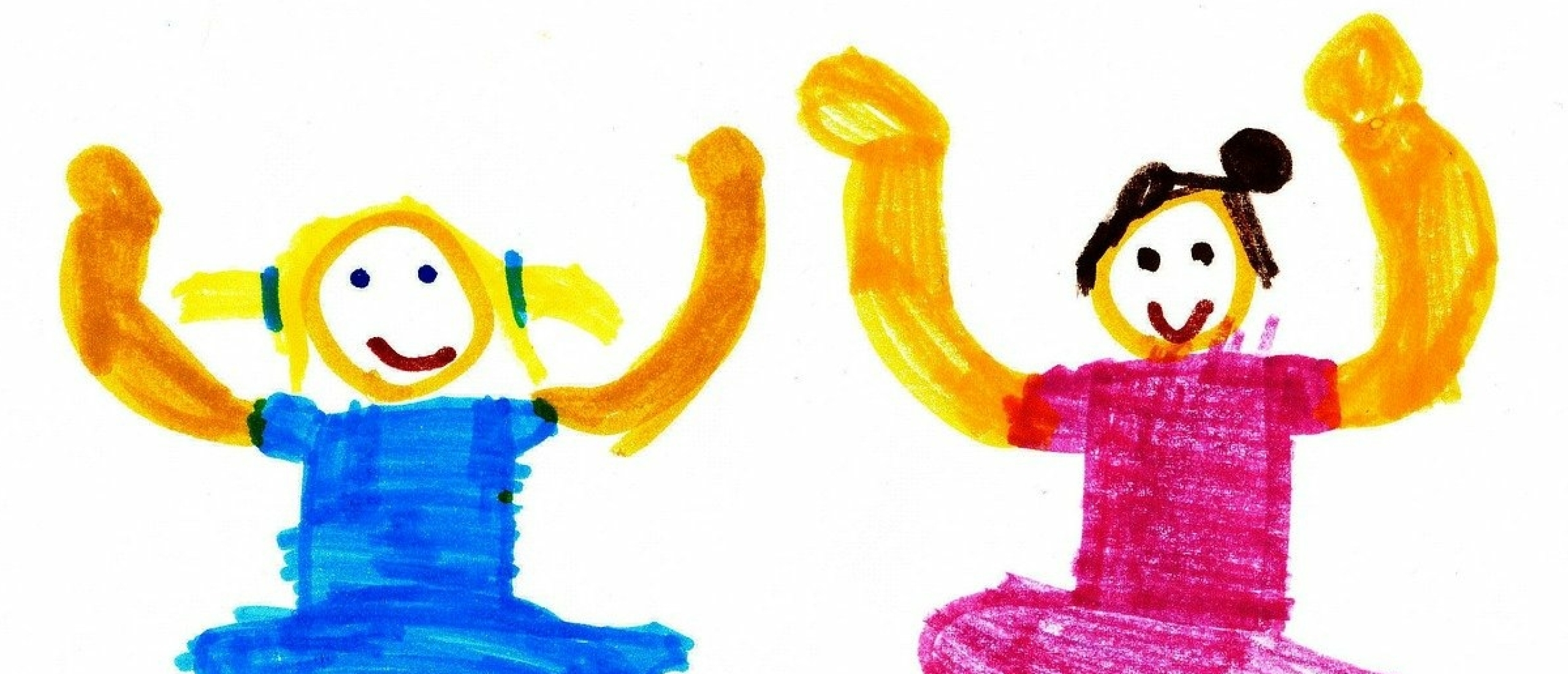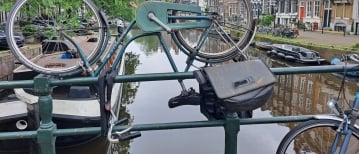If someone asked you: Can you dance?, then what would be your answer? Probably you would say Yes, I can or No, I cannot.... It would make perfect sense, right?
So.... what happens if you ask this question in Dutch? Kan je dansen? What would be your answer in Dutch? If you think in English then your Dutch answer would be something like this: Ja, ik kan or Ik kan niet... There is only one problem.... it does not make sense to the Dutch mind and chances are high that when you say something like this, Dutch people will simply stare at you....
First of all, whenever Dutch people stare at you whenever you said something in Dutch, then never doubt yourself or your mental qualities.... Yes,,, whenever you try to say something new in a new language, it may happen many times that what you said does not make any sense to your listener. But... the only thing that you need to figure out is simply this: What is it that my listener needs in order to understand me? That is it.
Once again, don't make it too personal... If what you say does not make sense to a Dutch person, then just find out what you need to say instead....
If you hear the question Kan je dansen?, then Ja ik kan, does not make sense to a Dutch mind. The question that will come up is simply this: you can do what exactly? Yes... if you think from an English speaking perspective, it does not make sense at all... But.... if you say Ik kan, then somehow there is not enough information, even when the context is crystal clear!
Here is another tricky thing... in English you can say I can, but.... if you say in Dutch Ik kan, then the meaning is slightly different. It means: I have time available, I have time in my schedule, I am available. It says nothing about your abilities or talents.
This is something typical when you hear when Dutch people try to make een afspraak (an appointment). Kan je morgen? Can you tomorrow? Would you be available tomorrow? Then very likely a Dutch person will say: Morgen kan ik niet, tomorrow I cannot.... I will not have time tomorrow....
Here is another construction that makes perfect sense in Dutch: Vandaag kan niet, morgen kan wel.... Today cannot, tomorrow can... Do you understand the structure here? If you say Het kan in Dutch, then it simply means it can, and in English you would probably say: It is possible....
That is why you have to say something more than Ik kan if you want to say that you can do something.... You can say for example: Ja, ik kan dansen, ja ik kan het and.... here is a very popular construction: Dat kan ik....
Here is another thing that can easily lead to confusion: Ik zie, I see..... In many conversations it is quite normal to say I see when you want to show that something makes sense what the other person is telling you, but.... if you say Ik zie, then once again, the meaning is often slighly different...
If you say: Ik zie, then it means that you really see something, you are not blind, you have 2 eyes and you are not in the same position as Stevie Wonder.... That is why in Dutch, the construction is a bit different... you need to add het - eventhough - this word is extremely vague - and then you can say: Ik zie het
Sure... het - which means it - may seem trivial.... Why would such a small word like het make such a great difference? But... whether you like it or not, this is simply how a Dutch mind works. And... if you like, you can also use this 'advanced' and ultra frequent construction: Dat zie ik or Dit zie ik, literally that see I or this see I...
By the way.... how would you react if someone told you: yes, you can do.... Would you be waiting for something more? Don't you think that somehow you can do it does somehow make much more sense?
Last but not least, there are some constructions that make perfect sense in Dutch, while they may feel incomplete for you... Here are 2 examples
Ik wil naar huis = I want to home, I want to go home
Ik moet naar mijn werk = I must to my work, I have to go to work....
Can you see that sometimes a sentences that is complete can be incomplete in another language? The most important thing to understand and to accept is that constructions can be different in another language... But... with some calm observation and an open mind, you can deal with many things on the spot.
Here is some great news, goed nieuws: There are many things that you can easily pick up in a natural way.... Just know that when you translate certain things back into your own language, then quite often it may not make sense... But... don't you think, that this could be the fun of learning something new? The more you can embrace some new words and constructions, the sooner you will find your way to Dutch fluency and freedom of communication....
Are there certain examples that come to your mind? Please share your thoughts here.....




